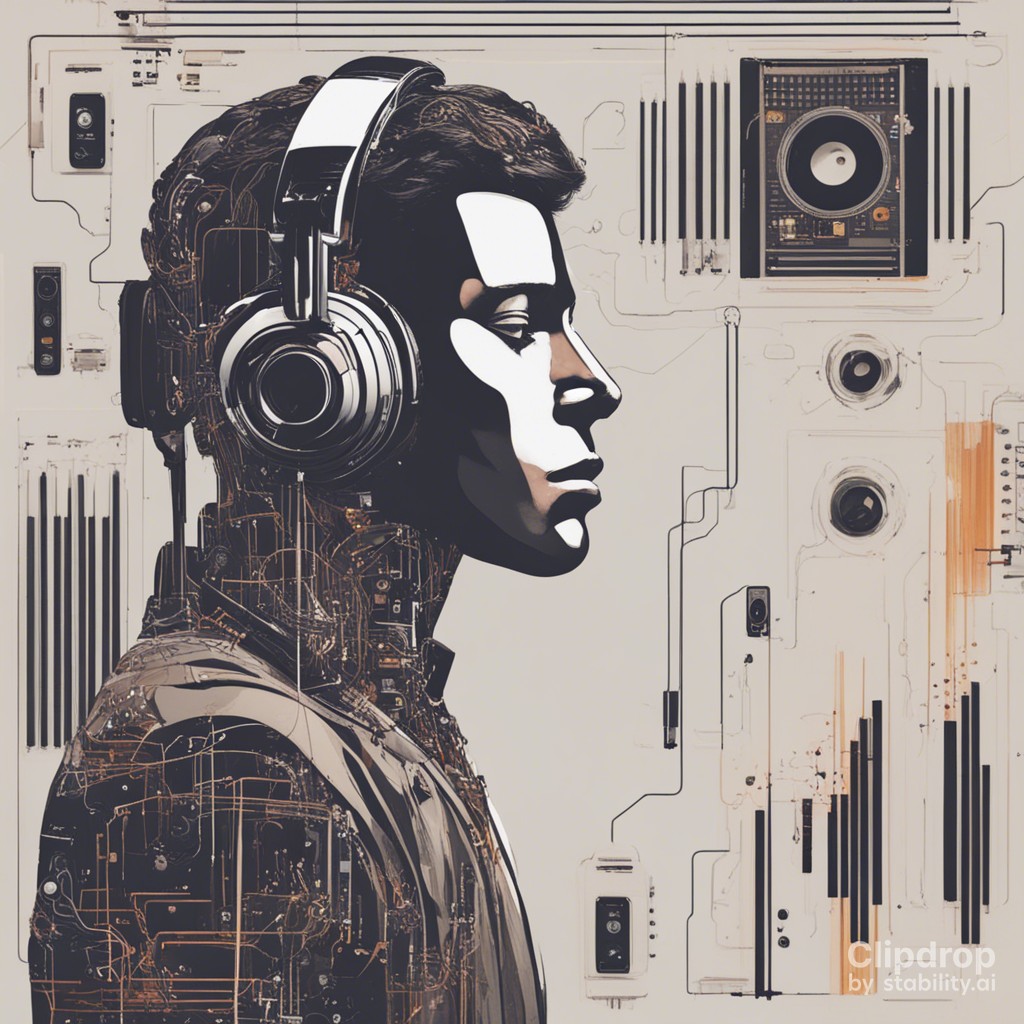The rapid advancement of AI has sparked vigorous debate about its impact on the music industry. While some see its generative capabilities as threatening, I believe AI presents opportunities to empower artists and to help them connect with fans in new ways. However, protections must be in place to safeguard artists’ rights.
As an independent artist myself, I’m excited by AI’s potential to democratize music creation. Emergent tools can help artists expand our sound palettes and reach a wider fan base typically only accessible by artists signed to major labels. Rights holders like Universal Music Group (UMG) stand to profit too by licensing their catalogs. But they must ensure fair revenue sharing so independent artists thrive. UMG is working with Google owned YouTube and its new Content ID software to responsibly make its vast catalog available to independent artists through its new text-to-music software, MusicLM.
AI-generated content also exposes risks if platforms don’t protect artists’ rights. Musicians should control where and how their work is used. Services like YouTube must expand copyright protections and give us tools to manage AI use of our catalogs.
I recently shared some of my own experimentation with AI music generators on the Human Driven AI podcast. This conversation includes music samples and the prompts used to create them, as well as discussions around the opportunities and limitations of AI music generators.
The music industry weathered disruption from Napster by ultimately embracing change. With care and vision, AI can fuel a new creative renaissance. As an independent artist, I’m cautiously optimistic about collaborating with AI in ways that are artist-empowering. But we must stay vigilant in safeguarding our rights and artistic intentions.
What opportunities or risks do you see AI presenting for the music industry? I welcome perspectives from fellow artists as we navigate this unfolding technology together. There are challenges ahead but also much potential for creative innovation. By joining in constructive dialogue, we can shape an AI-powered future that serves all artists.


